Keywords: Isis
There are more than 200 results, only the first 200 are displayed here.
-

FAITH DOING JUSTICE
- Andrew Hamilton
- 31 August 2023
3 Comments
The immediacy of the climate crisis and the paradigm shift ushered in by Artificial Intelligence are reshaping our world, leaving the marginalised bearing the brunt. As technological advancements raise complex ethical questions, what does it mean to be socially accountable in an age where the lines between reality and illusion grow ever thinner?
READ MORE
-
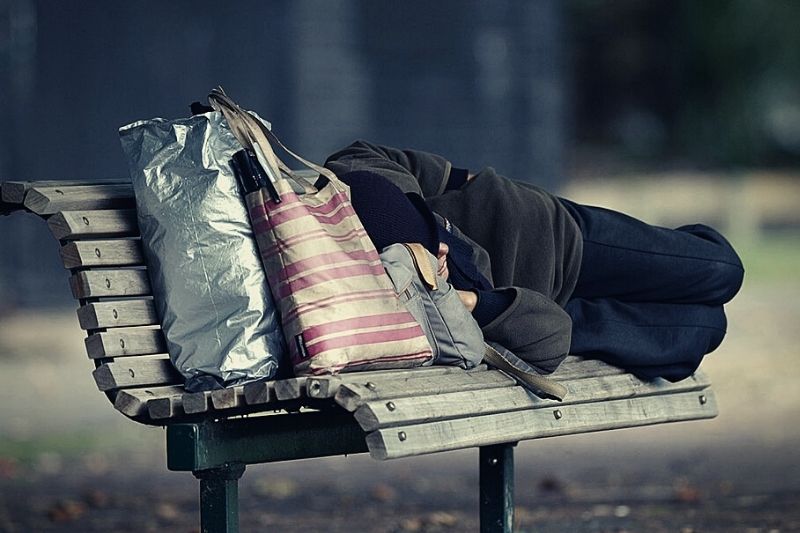
AUSTRALIA
- Andrew Hamilton
- 09 August 2023
7 Comments
The crisis of homelessness is no longer distant; it's a grim reality affecting friends, families, and even white-collar workers. As housing costs soar, a report paints a bleak picture with the demand for accommodation skyrocketing. This Homelessness Week, the question is not just how we define homelessness, but how we respond to its profound impact.
READ MORE
-
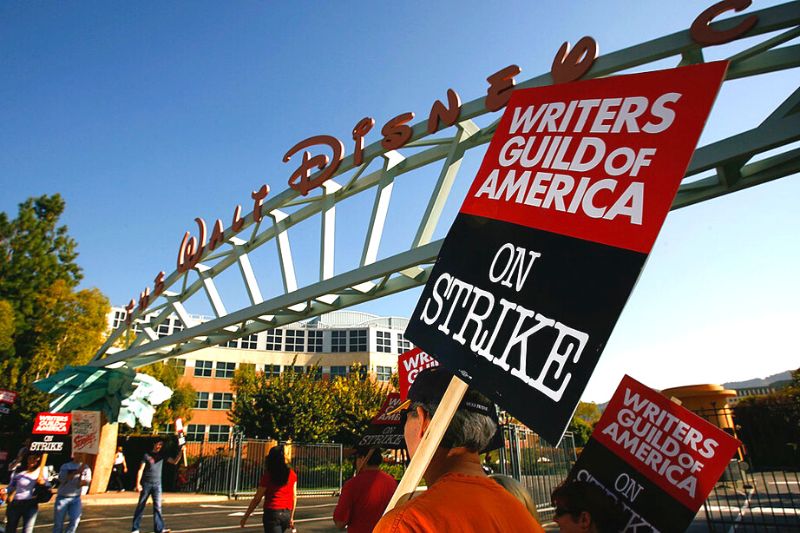
INTERNATIONAL
- Jim McDermott
- 03 August 2023
In a world captivated by streaming services, binge-watching hides a hidden crisis: writers and actors, cornered by the very industry they've enriched, face financial hardship and clashing with corporate greed, resonating with global struggles around labor and human value.
READ MORE
-

AUSTRALIA
Amid Australia's unprecedented housing crisis, there's an urgent need for increases in social housing. However, political wrangling hampers the progress of crucial legislation. With 640,000+ Australians facing housing stress, advocates stress the need for immediate action as a starting point towards comprehensive reform that treats housing as a basic human right.
READ MORE
-
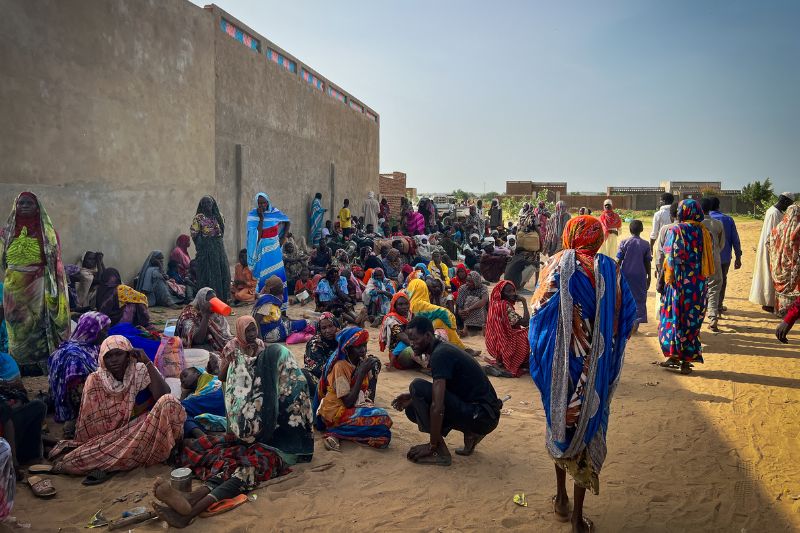
INTERNATIONAL
- Stephen Cornish
- 28 June 2023
In Sudan, longstanding political unrest and economic instability have culminated in a dire humanitarian crisis. With healthcare systems collapsing, incessant violence, and severe shortages, the country is grappling with escalating internal displacement and hosting over a million refugees.
READ MORE
-
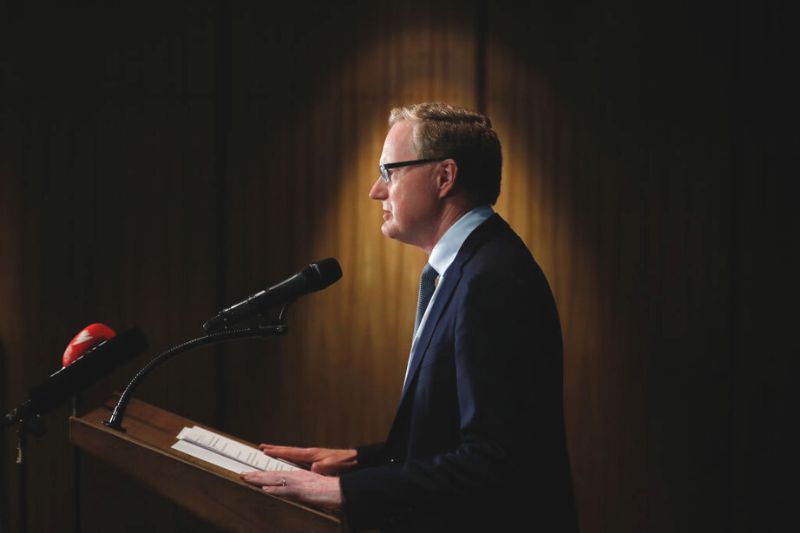
AUSTRALIA
- James Massola
- 13 June 2023
2 Comments
In a year defined by surging living expenses, RBA Governor Philip Lowe finds himself the object of public ire, his failed rate predictions and aggressive anti-inflation measures becoming a litmus test for the enduring effects of a global crisis. Will the Labor party dare sever ties with Lowe, or will they allow him to continue wielding the hammer, regardless of the mounting human cost?
READ MORE
-

AUSTRALIA
- Andrew Hamilton
- 08 June 2023
1 Comment
Once viewed as the purest and most dependable, public tap water has faced a crisis of confidence due to the proliferation of bottled water and privatisation of water resources. Yet some maintain trust in public water, finding joy in drinking from public taps. Is this faith naive or a testament to the enduring belief in accessible water for all?
READ MORE 
-
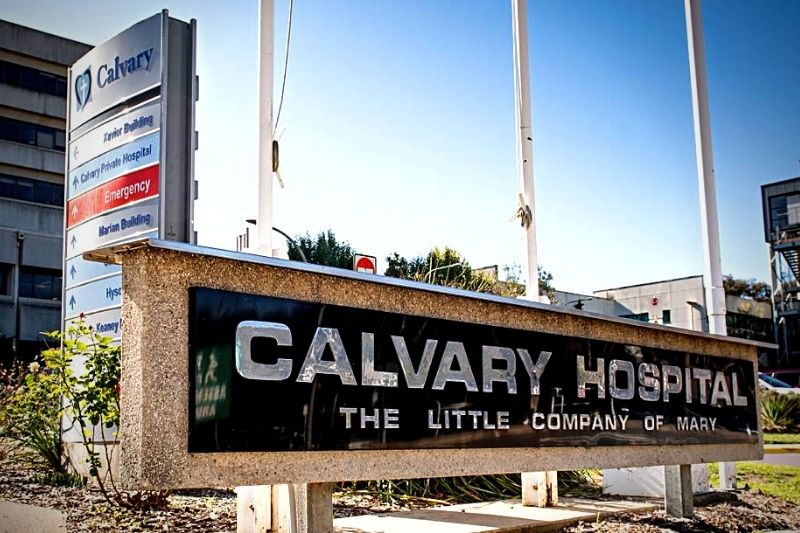
AUSTRALIA
- John Warhurst
- 01 June 2023
25 Comments
Amidst escalating tensions, the ACT government's move to acquire Calvary Public Hospital is facing strong backlash from the church. With claims of hasty decision-making and allegations of anti-religion bias dominating the discourse, this crisis highlights the societal shift towards secularism and questions the role of religious entities in managing public services.
READ MORE
-
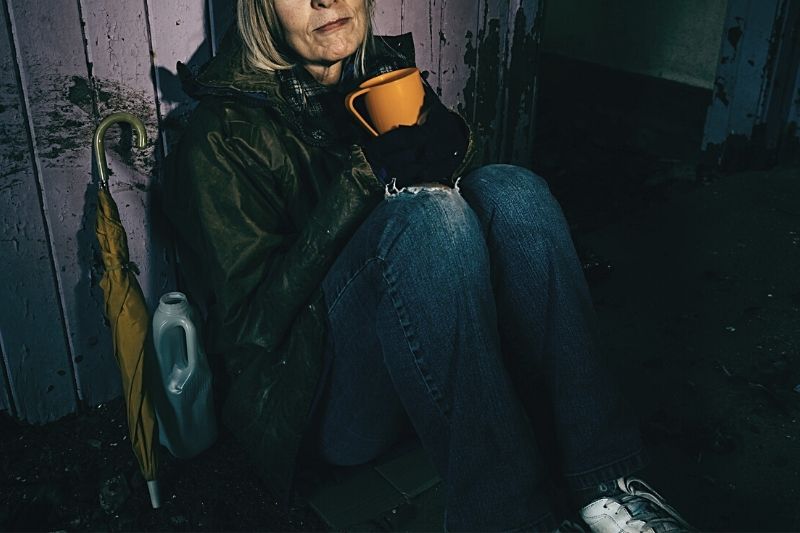
AUSTRALIA
- Jennifer McVeigh
- 25 May 2023
4 Comments
A rapidly growing cohort of homeless women over 55 has become the new casualties of Australia's housing market. With skyrocketing rents, an entrenched gender pay gap and inadequate pension funds, older women are slipping through the cracks owing to a tangle of systemic failures.
READ MORE
-
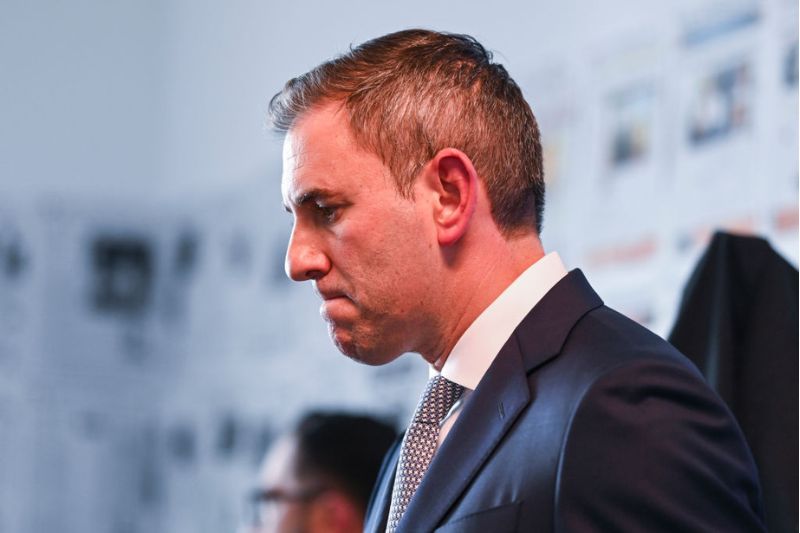
AUSTRALIA
The Albanese Government's second federal budget falls short in addressing Australia's cost-of-living crisis, with proposed measures deemed inadequate for those most vulnerable. This lacklustre response raises questions about the government's commitment to uplift those affected by the crisis.
READ MORE
-
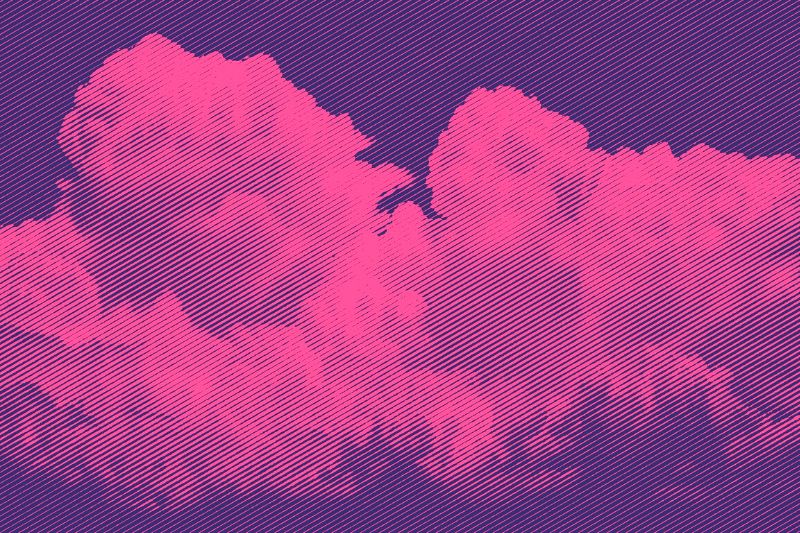
ECONOMICS
- David James
- 03 April 2023
As the collapse of Silicon Valley Bank, Signature Bank, and Credit Suisse poses a renewed threat to the global financial system, the question arises: how can we manage out-of-control debt? With global debt exceeding 230 per cent of GDP, could nationalising banks be the solution to the ongoing crisis, or will the debt merry-go-round continue to spin out of control?
READ MORE
-

ENVIRONMENT
- Michele Gierck
- 24 March 2023
Climate science doesn't make for comfortable reading. As the climate crisis continues to escalate, Dr. Joëlle Gergis, prominent climate scientist and one of Australia's lead authors of the IPCC Sixth Assessment Report, offers readers a unique perspective on the urgent need for mass climate action and why we have reason to hope.
READ MORE 